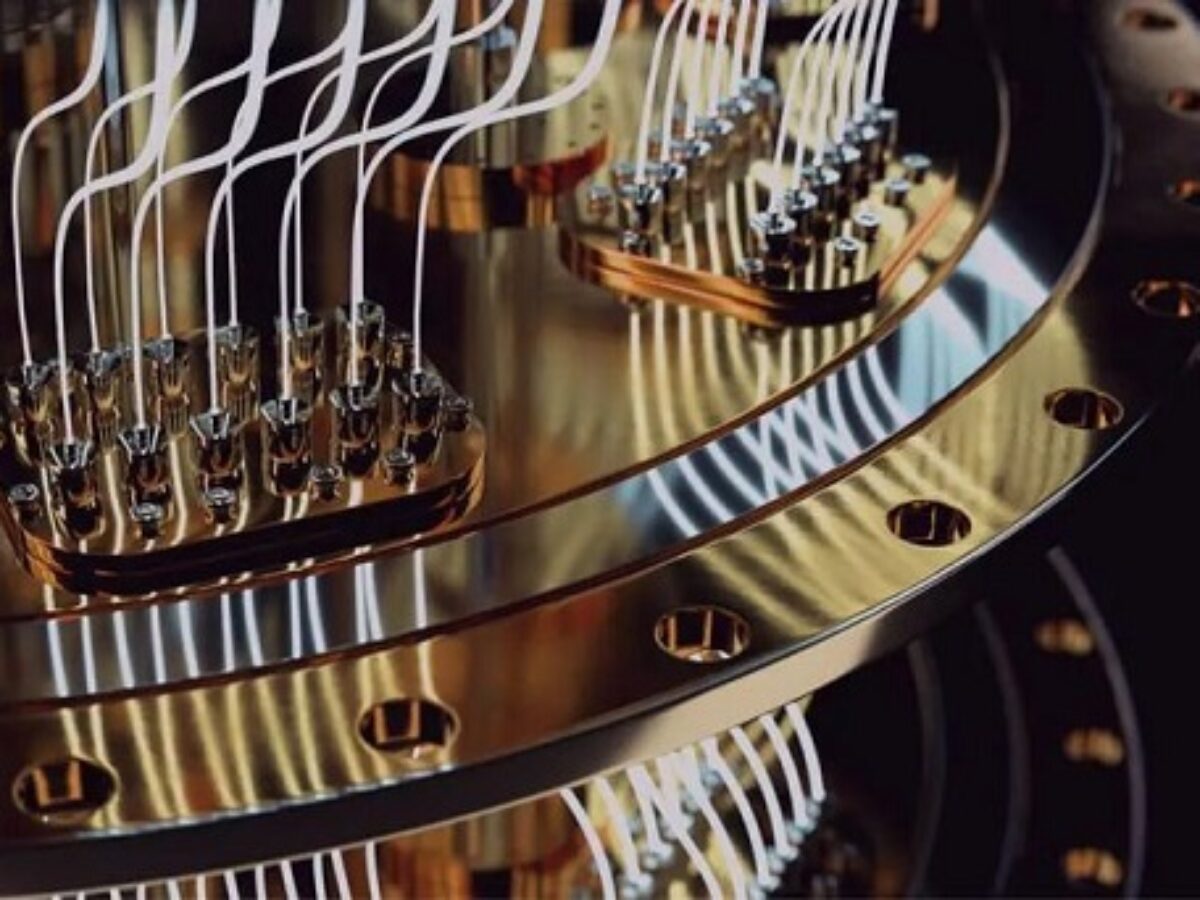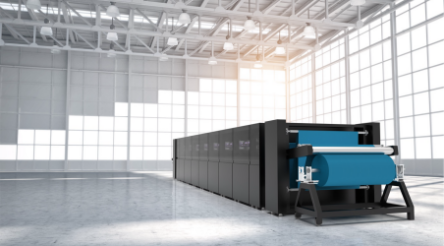Q-CTRL boosts quantum sensing offerings including defence

Quantum computing hardware error specialist Q-CTRL has introduced its new quantum sensing division reflecting a growing demand and opportunity to deliver sovereign capability to Australia and the AUKUS allies.
Quantum sensing allows users to leverage the fragility of quantum computing technology to detect tiny signals for applications in navigation, defence, Earth observation and space.
Sydney-based Q-CTRL will showcase its capabilities publicly for the first time at the Army Quantum Technology Challenge in Adelaide on August 10 and 11.
The Army QTC is part of the more than $60 million of publicly disclosed quantum sensing contracts awarded to Q-CTRL’s sensing team and its partners over the past 18 months.
Quantum sensing has uses in:
- Navigating without GPS, detecting underground hardened structures, submarines or hidden weapons systems
- Space where quantum gravimeters may prove the essential technology to help predict and prevent drought or the impacts of mining activity on water and agriculture
- Measuring gravity which can provide new insights into how water is moving underground and how ocean currents are changing over time.
Q-CTRL CEO Michael Biercuk said the company's mission is to make quantum technology useful, as well as to capture value in the technology and develop new sovereign capabilities.
Biercuk said: “The Army QTC unites teams of Australia’s world-leading quantum scientists and engineers to compete to show how quantum technologies can deliver Army unprecedented capabilities.
“In 2021, Q-CTRL was selected for and won the competition based on its work accelerating the performance of quantum computers with its specialized infrastructure software.”
Biercuk said Q-CTRL enabled capabilities that are otherwise impossible by combining advances in system design with new modes of operation unlocked by advanced software, AI automation, and signal processing.
“The new devices can have real-world impact in defence, positioning, navigation, and timing, minerals exploration, magnetic anomaly detection, persistent earth observation for climate monitoring, long-term weather forecasting and space exploration.”
Q-CTRL contracts achieved include a project with Advanced Navigation on hybrid classical-quantum inertial navigation, and both Modern Manufacturing Initiative (MMI) and CRC-P contracts developing space-qualified quantum sensors.
In addition, Q-CTRL is a partner in the Australian Space Park project with Fleet Space Technologies, ATSpace and Alauda Aeronautics supporting a state-of-the-art space manufacturing hub in Adelaide, South Australia, which is scheduled to open in 2025.
Q-CTRL’s dedicated sensing team has expanded to 15 members in just over a year.
The Division is led by Dr Russell Anderson, who left his academic professorial position to become Q-CTRL’s Head of Quantum Sensing.
Picture:
Subscribe to our free @AuManufacturing newsletter here.
Topics Defence Technology
@aumanufacturing Sections
Analysis and Commentary Awards casino reviews Defence Gambling Manufacturing News Online Casino Podcast Technology Videos





